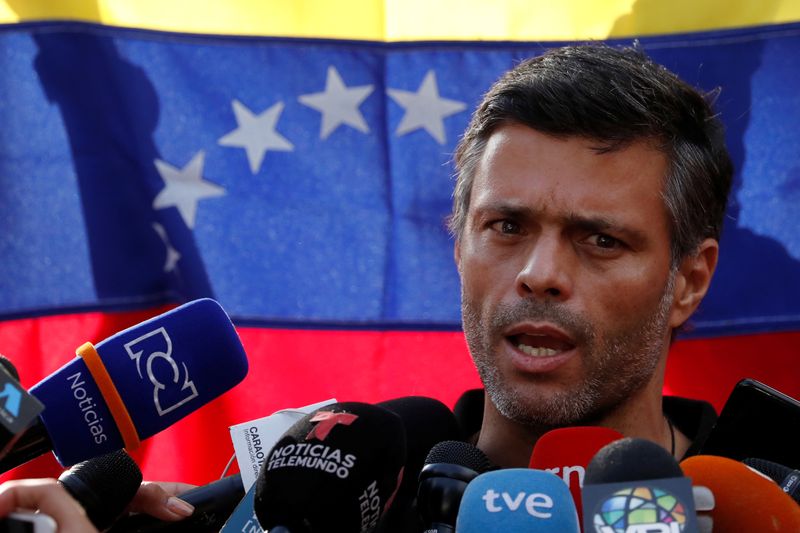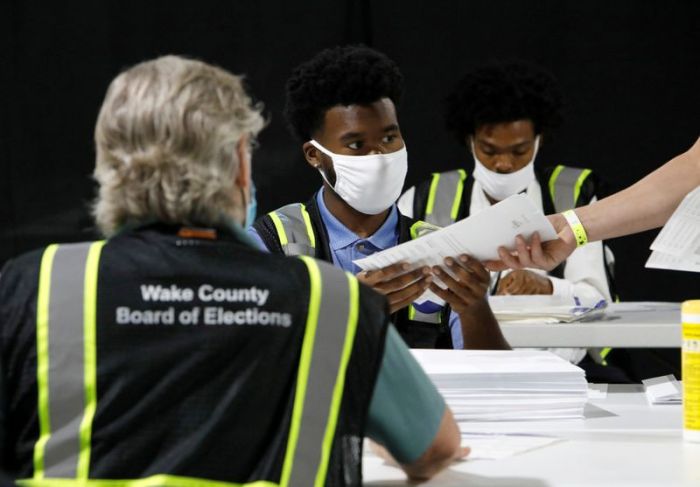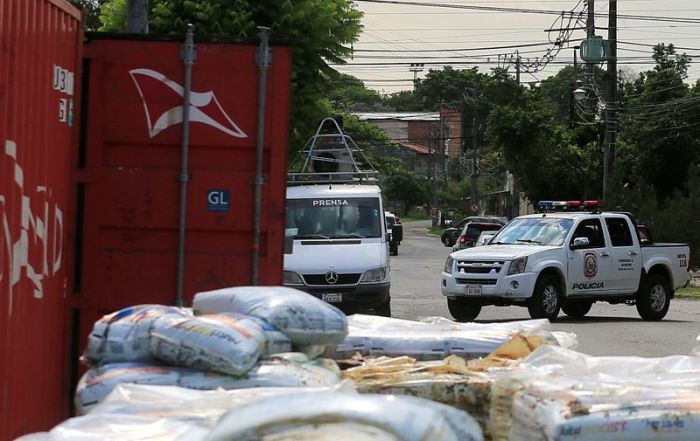CARACAS (Reuters) – Venezuelan opposition politician Leopoldo Lopez abandoned the Spanish ambassador’s residence in Caracas on Saturday to flee the country, more than a year after seeking refuge there to escape house arrest, his party said.
Lopez’s party, Popular Will, did not say how he left Venezuela, though two people familiar with his exit said he emigrated via Colombia. A Spanish government source said his arrival in Spain, where his wife now lives, was “imminent.”
Lopez was jailed in 2014 after leading protests against Venezuelan President Nicolas Maduro. In moments still memorialized in images on opposition banners, he was pictured being pulled into a military vehicle with a Venezuelan flag in one hand and a white flower in the other.
He was provisionally released in 2017. From house arrest, he mentored Juan Guaido, a young Popular Will delegate who early last year was elected head of the opposition-controlled congress. Counseled by Lopez, Guaido then invoked the constitution to assume an interim presidency in a bid to unseat Maduro.
In April 2019, when Guaido spurred a brief military revolt against Maduro, Lopez appeared on the streets alongside him. After the uprising fizzled, Lopez sought shelter at the Spanish ambassador’s residence.
Lopez’s wife, Lilian Tintori, who joined him at the residence, managed to leave for Spain that May, along with their daughter.
Guaido confirmed Lopez’s escape in a Twitter message and ridiculed Maduro for failing to capture him. “Making a mockery of your repressive apparatus, we managed to get Leopoldo Lopez out of the country,” Guaido said.
Popular Will, in a statement, said Lopez had left the Spanish residence “to drive new actions for Venezuela’s freedom.”
Lopez’s relationship with his Spanish hosts had sometimes been fractious. After granting Lopez access to the residence, acting Foreign Minister Josep Borrell said Spain would not allow its embassy in Caracas to be used as an opposition center and it would limit Lopez’s political activity.
Borrell said at the time that the Spanish government would not turn Lopez over to the Venezuelan authorities, but it would not grant him asylum as he would have to request it once in Spanish territory.
On Saturday, the Spanish foreign ministry said on Twitter that Lopez’s decision to leave was “voluntary and personal.”
(Reporting by Vivian Sequera, Mayela Armas and Brian Ellsworth in Caracas; Julian Symmes Cobb in Bogota; and Belen Carreño in Madrid; Writing by Angus Berwick; Editing by Daniel Wallis and Grant McCool)

























